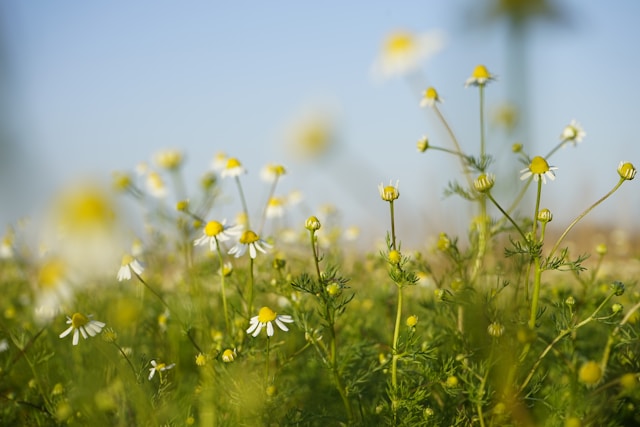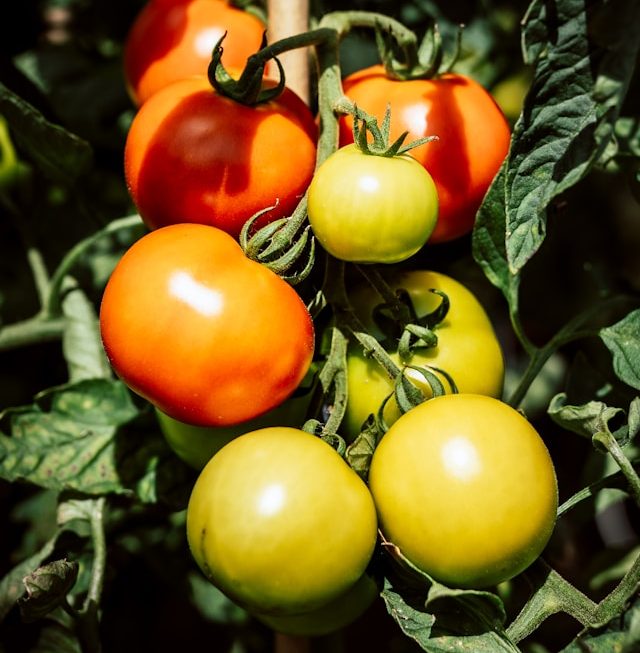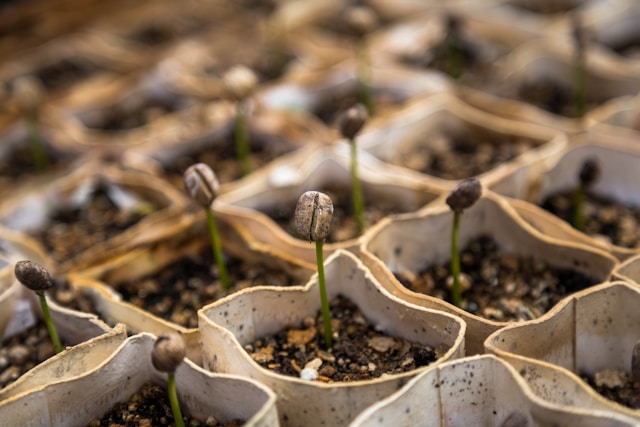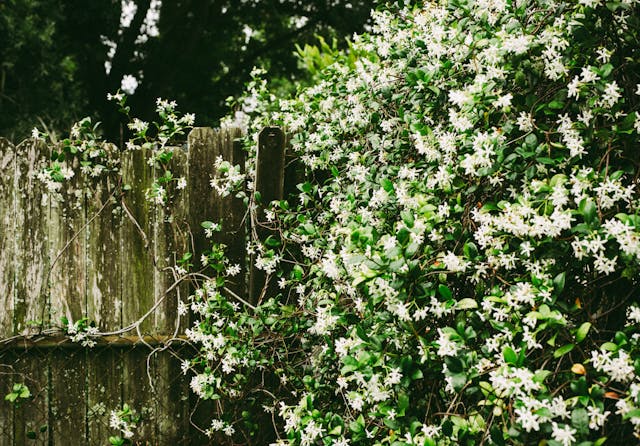Imagine stepping into your garden and being greeted by an array of fragrant herbs and vibrant flowers, each offering a myriad of flavors and health benefits. Creating an herbal tea garden is not only a delightful way to connect with nature but also a practical way to cultivate your own ingredients for soothing and nourishing brews. Whether you have a spacious backyard or a cozy balcony, you can create a sanctuary of tranquility and wellness with a carefully curated selection of plants. Let’s explore some of the best plants to grow in your herbal tea garden and how they can elevate your tea-drinking experience.
- Chamomile: Chamomile is perhaps one of the most beloved herbs for tea enthusiasts, prized for its calming properties and delicate floral flavor. This daisy-like herb thrives in sunny locations with well-drained soil. Plant chamomile seeds in early spring and watch as the cheerful blooms blanket your garden with their white and yellow petals. Harvest the flowers when they are fully open and dry them for use in soothing bedtime blends or digestive teas.
- Peppermint: Peppermint is a refreshing herb that adds a cooling burst of flavor to herbal teas. It’s also renowned for its ability to aid digestion and alleviate nausea. Peppermint is a vigorous grower and can quickly take over a garden bed if not contained. To keep it in check, plant peppermint in pots or containers to prevent it from spreading too aggressively. Harvest the leaves regularly for fresh, invigorating teas or dry them for long-term storage.
- Lemon Balm: Lemon balm is a member of the mint family known for its lemony aroma and mild citrus flavor. It’s prized for its calming effects on the nervous system and is often used to promote relaxation and reduce stress. Lemon balm is a hardy perennial that thrives in partial shade and moist soil. Plant it in a spot where it can spread freely, or contain it in a pot to prevent it from spreading too far. Harvest the leaves throughout the growing season for use in teas, tinctures, and culinary dishes.
- Lavender: Lavender is not only prized for its enchanting fragrance but also for its myriad health benefits. This aromatic herb is known for its calming effects and is often used to promote relaxation and improve sleep quality. Lavender thrives in sunny, well-drained soil and is drought-tolerant once established. Plant lavender in a sunny spot in your garden and enjoy the sight and scent of its beautiful purple blooms. Harvest the flowers just as they begin to open and dry them for use in soothing herbal teas.
- Lemon Verbena: Lemon verbena is a fragrant herb with a strong lemon scent and flavor. It’s prized for its digestive properties and is often used to alleviate indigestion and bloating. Lemon verbena is a tender perennial that thrives in full sun and well-drained soil. Plant it in a sheltered spot or in a pot that can be brought indoors during the winter months. Harvest the leaves throughout the growing season for use in teas, syrups, and desserts.
- Holy Basil (Tulsi): Holy basil, also known as tulsi, is a sacred herb in Ayurvedic medicine revered for its medicinal properties and spiritual significance. It’s prized for its adaptogenic properties, meaning it helps the body adapt to stress and promote balance. Holy basil is an annual herb that thrives in full sun and well-drained soil. Plant it in a warm, sunny spot in your garden and harvest the leaves regularly for use in teas, tinctures, and culinary dishes.
Creating an herbal tea garden is a rewarding endeavor that allows you to connect with nature, cultivate your own ingredients, and nourish your body and soul with every sip. Whether you have a sprawling garden or a small balcony, there are plenty of plants that can thrive in containers or small spaces. By growing herbs like chamomile, peppermint, lemon balm, lavender, lemon verbena, and holy basil, you can create a sanctuary of tranquility and wellness right outside your door. So, roll up your sleeves, dig in the dirt, and let the magic of herbal tea gardening transform your outdoor space into a haven of herbal delights.




